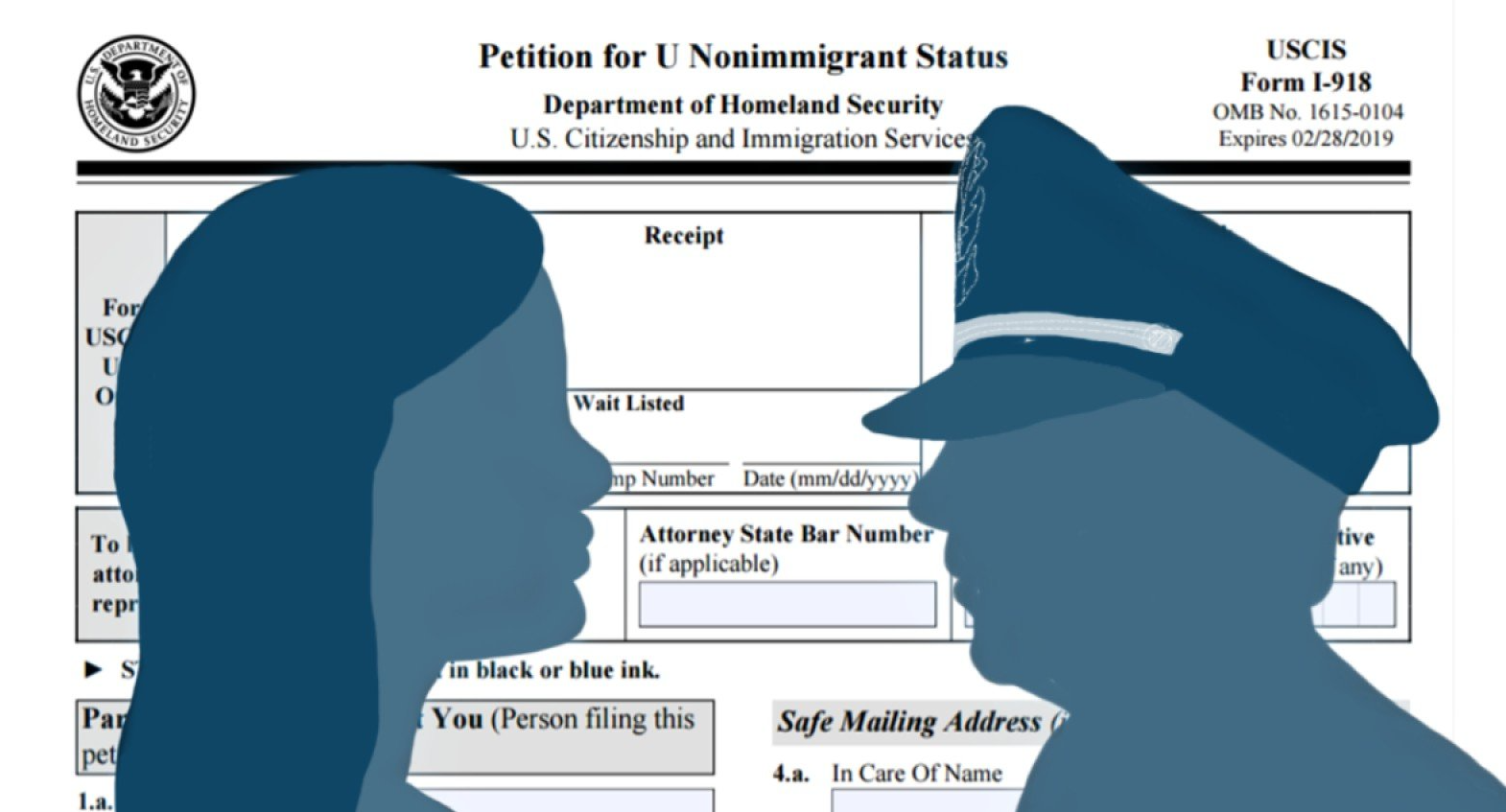
In State v. Colon, No. 59046-8-II (Apr. 29, 2025), the WA Court of Appeals held that sentencing courts may deny a defendant’s request for a Mental Health Sentencing Alternative (MHSA). Reasons for denial may include (1) no nexus between a defendant’s mental health diagnoses and the crime; (2) the victim opposes a MHSA; (3) the defendant has a lengthy criminal history and non-compliance with court orders with limited history of engagement in mental health treatment, and (4) continued treatment within prison is more suitable.
FACTUAL BACKGROUND
Colon was convicted of felony violation of a no-contact order by going to his ex-wife and children’s apartment. He requested sentencing under the MHSA. However, the trial court denied his request and sentenced Colon to 60 months of prison.
At a re-sentencing hearing, the court again denied Colon’s request for a MHSA and found it inappropriate. The sentencing court concluded neither the community nor Colon would benefit from a MHSA for several reasons: there was no nexus between Colon’s mental health diagnoses and his conduct underlying his conviction; the victim’s opposition to a MHSA and her history with Colon; and Colon was a poor fit for a MHSA because of his criminal history, non-compliance with court orders, and limited history of engagement in mental health treatment.
Colon appealed, arguing that the sentencing court abused its discretion by denying his request for a MHSA on a non-statutory, impermissible basis.
COURT’S ANALYSIS & CONCLUSIONS
The Court of Appeals (COA) began by saying Courts may deviate from the standard prison sentences under specified circumstances, such as for a MHSA. Furthermore, granting an alternative sentence is entirely within the sentencing court’s discretion. However, the sentencing court must meaningfully consider the request for a discretionary sentence in accordance with the applicable law.
The COA stated a MHSA has four eligibility requirements:
- The defendant is convicted of a felony that is not a serious violent offense or sex offense;
- The defendant is diagnosed with a serious mental illness recognized by the diagnostic manual in use by mental health professionals at the time of sentencing;
- The defendant and the community would benefit from supervision and treatment, as determined by the judge; and
- The defendant is willing to participate in the sentencing alternative.
Here, Colon argued the sentencing court improperly held that a nexus must exist between his conduct and his mental health diagnosis. This “nexus,” he argued, is not one of the four eligibility requirements (elements) for a MHSA sentence. The COA felt differently.
“This is not an additional element, but simply one way to consider whether the community would benefit from treatment aimed at controlling symptoms arising from Colon’s mental health diagnoses that could lead to criminal conduct in the community,” said the COA. “Thus, the court did not abuse its discretion when it considered this factor in connection with whether a MHSA would benefit the community.”
Additionally, COA held that the sentencing court gave other reasons supporting its determination that a MHSA was inappropriate. These include the victim’s opinion, Colon’s criminal history, Colon’s noncompliance with community custody, and Colon’s lack of participation in treatment and services. The COA reasoned these considerations speak to the court weighing Colon’s prospective treatment and how to protect the community.
“The court did not abuse its discretion in denying Colon’s request for a MHSA based on its consideration of a nexus between Colon’s mental health diagnoses and his conduct. Instead, the court considered the relevant statutory factors and made clear that its conclusion was based on the lack of benefit to both Colon and the community.” ~WA Court of Appeals
Please contact my office if you, a friend or family member are charged with a crime. Hiring an effective and competent defense attorney is the first and best step toward justice.














